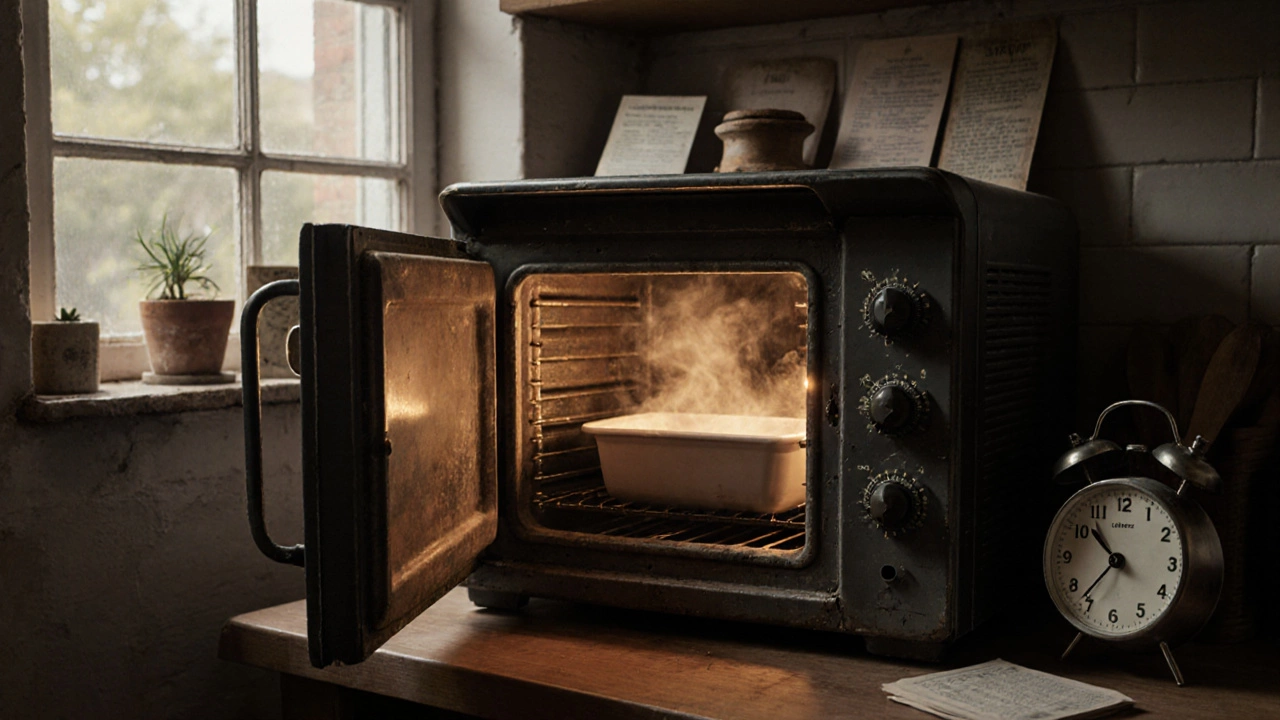When you buy a new appliance, you’re not just paying for the machine—you’re buying appliance lifespan, the expected period a home appliance functions reliably before needing repair or replacement. Also known as appliance longevity, it’s the hidden clock ticking in your kitchen, laundry room, and basement. Most people assume their fridge will last forever, or that a new oven will run for 20 years. But real-world data shows otherwise. The average washing machine lasts 10–12 years. Dryers? Around 10–13. Refrigerators can stretch to 14, but only if they’re not constantly struggling. And ovens? Most electric range ovens hit their limit between 13 and 15 years. These aren’t guesses—they’re based on repair logs from thousands of homes across the UK and beyond.
What really kills an appliance isn’t just age—it’s how it’s treated. A dryer with a clogged vent wears out faster. A fridge with dirty coils runs hotter and burns out sooner. An oven with a blown heating element might seem like a lost cause, but replacing that single part can add five more years to its life. That’s why knowing the appliance lifespan isn’t just about timing—it’s about making smart choices. Is it cheaper to fix a 7-year-old fridge freezer or buy new? Should you replace a 12-year-old dryer if the repair costs half the price of a new one? These aren’t theoretical questions. Real repair technicians see these decisions every day, and the answers depend on the symptoms, the model, and the cost of parts.
Then there are the silent killers: moisture, dust, and neglect. An extractor fan that hasn’t been cleaned in five years isn’t just noisy—it’s overworked, and its motor will fail years ahead of schedule. A microwave that sparks when you press start isn’t just broken—it’s a safety risk. And a boiler that’s never been inspected? It could be leaking gas or wasting 30% more energy than it should. These aren’t just appliance problems—they’re home health issues. The dryer replacement decision isn’t just about money. It’s about safety, efficiency, and peace of mind. The same goes for oven lifespan—if your oven takes 30 minutes to preheat or heats unevenly, it’s not just inconvenient. It’s wasting electricity and ruining your meals.
You’ll find real repair data here—not marketing fluff. Posts cover how to spot when your microwave is failing, why your freezer ice maker stopped working, and whether it’s worth fixing a 10-year-old washing machine. You’ll learn how to tell if your oven element is blown, what noise means your extractor fan is done, and how to calculate if a repair actually saves you money. This isn’t a list of generic tips. It’s a collection of what actually happens in homes, based on what technicians see, fix, and recommend.
Whether you’re trying to stretch out your current appliances or deciding it’s time to upgrade, knowing the truth about appliance lifespan helps you avoid costly mistakes. Don’t wait for a breakdown. Know the signs. Make the call. The right choice is closer than you think.
Posted by
Orin Trask
0 Comments

Is it worth fixing a 20-year-old oven? Learn the real costs of repair vs. replacement, energy savings, when to walk away, and what to look for in a new model. Practical advice for homeowners in New Zealand.
read more